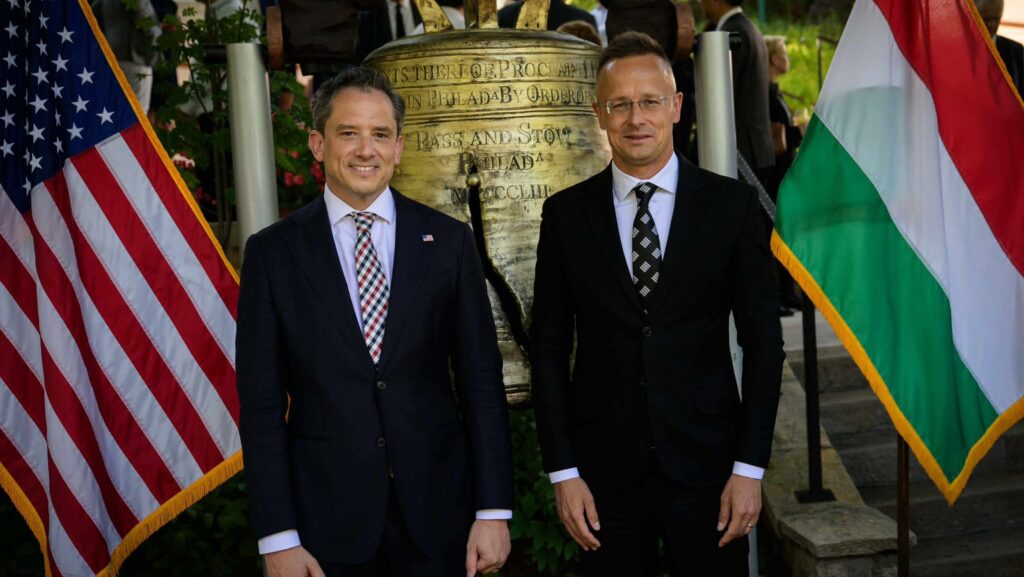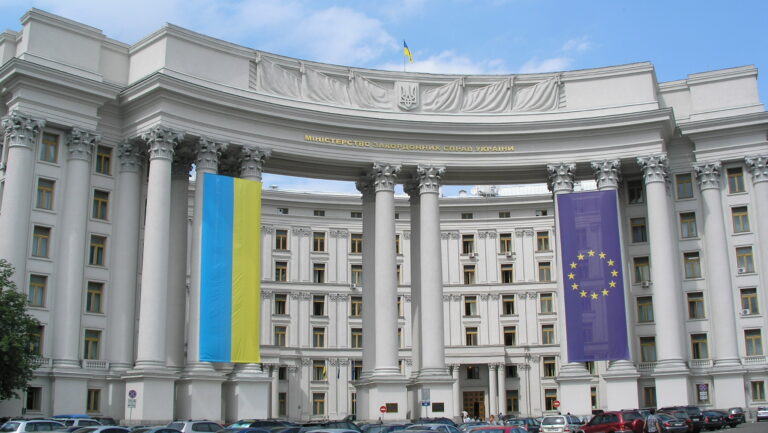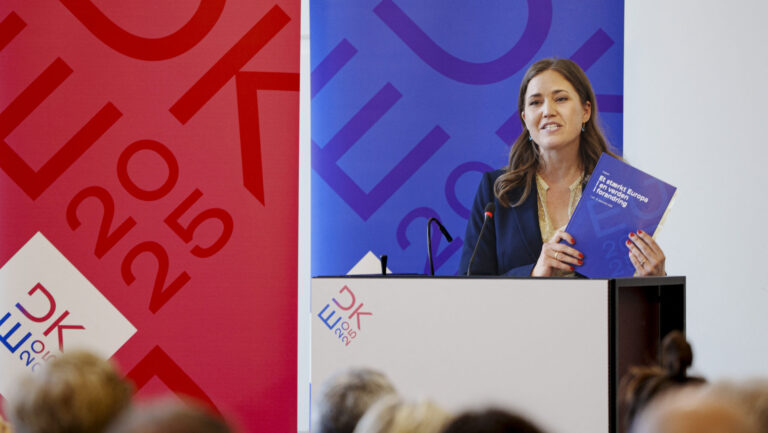With the outbreak of the war in Ukraine and the subsequent Israel-Hamas conflict, the transformation of the unipolar world order as we know it has accelerated significantly. Experts say that the year ahead could be a watershed year in many ways, with key elections taking place in 2024, including in the United States and Russia, as well as parliamentary elections in Austria and Belgium, where right-wing parties have a good chance of winning.
This year will also be particularly important for Hungary. In addition to the European Parliamentary elections, local elections will also be held in Hungary in June, with broadly similar stakes: will sovereignist, patriotic, and national interest-oriented politics prevail, or will the left, which serves globalist interests, come to power?
On the global stage, the most significant event in 2024 will be the US presidential election.
Looking ahead to the Republican and Democratic primaries, it appears that the main players from four years ago are likely to face off again. Although a significant part of the American electorate has become disillusioned with Joe Biden’s policies, and the Democratic president’s popularity and support continue to decline, it is more than likely that the 81-year-old politician will be the Democratic presidential candidate.
On the Republican side, former President Donald Trump is leading the polls by a substantial margin—just above 50 percentage points ahead of his rivals—while in liberal-led states, the Democrats are doing everything they can to make Trump unelectable.
In recent weeks, several decisions have been made—first in Colorado, then in Maine—to remove the former president’s name from the ballots. Similar initiatives to block Trump’s candidacy are also underway in Nevada, Texas, and Wisconsin, among others. According to the latest polls, the former president is leading Joe Biden by around two points in the head-to-head race, and the president is no longer outpacing Trump in the Democratic-leaning parts of the electorate, such as the young voters and Hispanics.
Many experts associate the possibility of ending the war in Ukraine with the outcome of the US elections. In the event of a Republican victory, Washington could significantly reduce military and financial aid to Ukraine, potentially leading to the collapse of the war-torn country and, ultimately, initiating peace talks.
is currently projecting a budget deficit of $43 billion by 2024, much of which would be covered by foreign aid. Since the outbreak of the war, Donald Trump has repeatedly stated that if he were president, he would end the conflict within 24 hours and reach some kind of peace agreement between the parties.
Additionally,
in the scenario of a Republican triumph, one must not overlook the potential for a substantial anhancement in relations between Budapest and Washington,
thereby reinstating our country with a formidable ally in the form of Trump.
The presidential elections in Russia are scheduled for 15-17 March, and currently, there appears to be little concern about the potential winner. Russian President Vladimir Putin faces no significant challengers, as polls indicate increased support compared to pre-war levels. Developments on the battlefield have favoured Putin, with Russian forces successfully repelling the Ukrainian counter-offensive in the summer and consolidating their positions on the eastern front. Putin is poised to secure a fifth presidential term, which is advantageous for Hungary.
Despite recent efforts to diversify energy sources, Hungary remains heavily dependent on Russian energy, encompassing oil, gas, and nuclear energy. Therefore, the stability of Russian politics and the adherence to commitments outlined in energy contracts are crucial for Hungary's energy security.
There was no shortage of high-profile elections in Europe last year, with countries such as Slovakia, the Netherlands, and Poland conducting parliamentary elections. Overall, these elections witnessed a strengthening of the European right, with governments aligning themselves with Hungary on issues such as migration, support for Ukraine, and upholding traditional Christian values. An exception is noted in Poland, where Donald Tusk's government has already initiated actions undermining the rule of law by dismantling public media.
This trend may persist into the current year, as
voters in Belgium, Austria, Croatia, and other countries head to the polls.
According to polls, right-wing parties are leading in these countries, suggesting a continued shift towards right-leaning political preferences across Europe.
This should also instil hope for the upcoming European Parliament (EP) elections. From 6–9 June, voters across Europe will determine the composition of the EU's legislative branch, a body that, despite facing challenges, remains significant. The stakes are substantial. In recent years, the leftward shift of the European People's Party (EPP) has resulted in a liberal dominance in the EP, evident in its consistent criticism of governments representing national interests and its unwavering allegiance to foreign interests, particularly American ones.
Although the EPP remains the largest EP political group according to polls, smaller groups advocating for a right-wing alternative, such as Identity and Democracy (ID) or the European Conservatives and Reformists (ECR), are gaining momentum. A potential shift to the right could present an opportunity to address the numerous challenges confronting the EU—ranging from the ongoing deterioration of European security to the omnipresence of migration and terrorism and the decline in European competitiveness—through realistic and effective means, rather than relying on misguided and disconnected left-wing 'solutions'.
Local elections are scheduled in Hungary on 9 June, coinciding with the European Parliament elections. This marks the first electoral event since the establishment of the Office for the Protection of Sovereignty, tasked with detecting and investigating potential instances of foreign interference. According to polls, Fidesz is poised to secure victories in both the EP and local elections, with the ruling party expected to attain an absolute majority in the former and reclaim several county towns that have been under opposition control since 2019.
An intriguing aspect of the current election is the parliamentary decision in December 2023 to adopt a list-based electoral system for the capital. From this point on, the Budapest assembly will no longer consist of district mayors, but its members will be elected by the residents of the capital through a list-based system.
In 2024, Hungary will undertake a crucial responsibility by assuming the rotating presidency of the EU from July to December.
The inaugural session of the European Parliament, following the June elections, will coincide with this period and will involve the election of the members of the European Commission and the President of the European Council, which gathers heads of state and government. The rotating presidency presents abundant opportunities—economic, political, and diplomatic—and it is not surprising that the European left has launched an attack on Hungary in an attempt to prevent it from assuming this role.
Tamás Iván Kovács, Hungary's ambassador in Brussels, outlined potential priorities of the Hungarian presidency at an event in October. While these priorities are not yet finalized and are subject to change, Hungary could potentially focus on key issues such as advancing the enlargement process, enhancing European competitiveness, addressing demographic challenges, curbing illegal migration, and fortifying European defence policy.
Read next:








